The Secret to Going Longer and Harder on the Fire Ground
Do you know what the secret to going longer and harder on the fire ground is?
(Most firefighters don’t know)
Hydration!
This is especially true after they have exerted energy and I not only mean after firefighting and rescue efforts, but from calls where they’re just wearing their gear.
This time of year especially, hydration levels become extremely important and can be a major factor to you being able to perform on the job. Even when at rest, just the temperature outside can dehydrate you.
The Body and H2O
Did you know that on average your body is made up of 60% water?
Water helps breakdown nutrients to be used by the body. It flushes wastes out of the body, which keeps our kidney’s functioning properly. Water lubricates our joints, so we can move with greater ease. Lastly it regulates body temperature which can be especially crucial when our body is placed in extreme temperature situations such as firefighting operations.
If you are thirsty, it is already too late, you are dehydrated. Do something about this before it happens.
Try spreading out your daily required drinking of fluids throughout the day. Many people do not like to keep track of what they drink or even eat throughout the day, but remembering to drink a glass of water with every meal, having one before and after a workout, and drinking water during rehab on an incident can take you a long way in ensuring you try to stay hydrated.
How much water should you take in a day?
The body should take in approximately ½ gallon of water a day and more on high heat days especially during days at the fire station.
Other fluids can count toward this intake, but are not as effective as water. Take sodas for example,they are not good for the body. Many are loaded with high amounts of sugar and caffeine which add further stress to our systems.
Caffeine is a diuretic, causing the body to urinate more often. This can cause dehydration (we will look at effects of sugar on the body at a later date). I will say for now though fruit juices are naturally high in sugar so drink them in small quantities.
You can also eat fruits that are high in water content. This has other benefits as well such as vitamins and minerals that help the body function at that level we want it to do, when we are called upon.
Milk is considered a food more than a drink. It hydrates a child early in life but as we grow it stops doing this so much. As we age, many of us have problems drinking milk, because of lack of an enzyme that aids in its’ digestion. The body stops producing this enzyme called chymosin, before puberty.
There are many alternatives to water on the market now which are designed to encourage and help people hydrate. If you like to drink these sport drinks, cut them in half with water.
Remember you need water to live.
The body is mostly made of water and as we have just explained it’s essential for many other reasons. Here’s the point, you need it to live! You can never substitute the benefits from the pure natural product of water.
Do yourself a favor, drink more water and less of everything else. You’ll feel the difference.
Have you learned something new? Have you been reminded of something you already knew? Please share with me in the comments below.

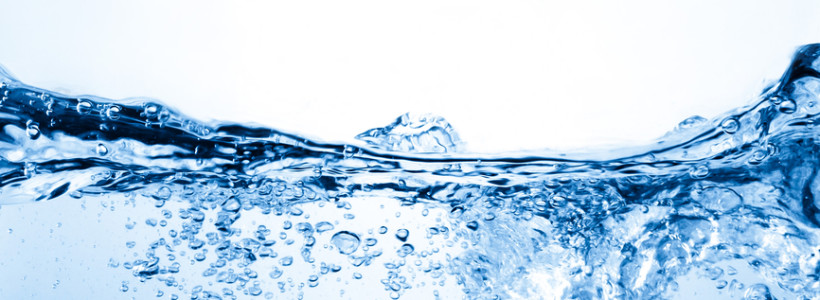
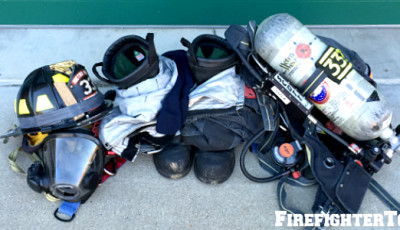
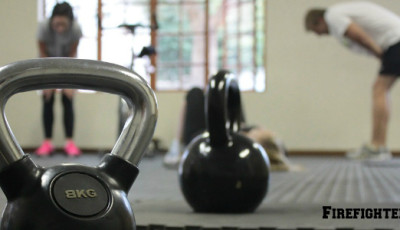
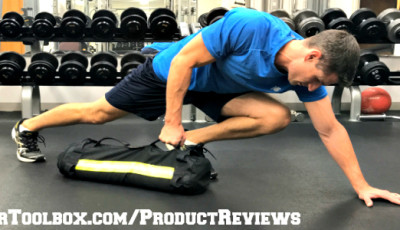
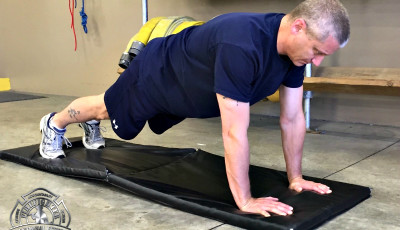
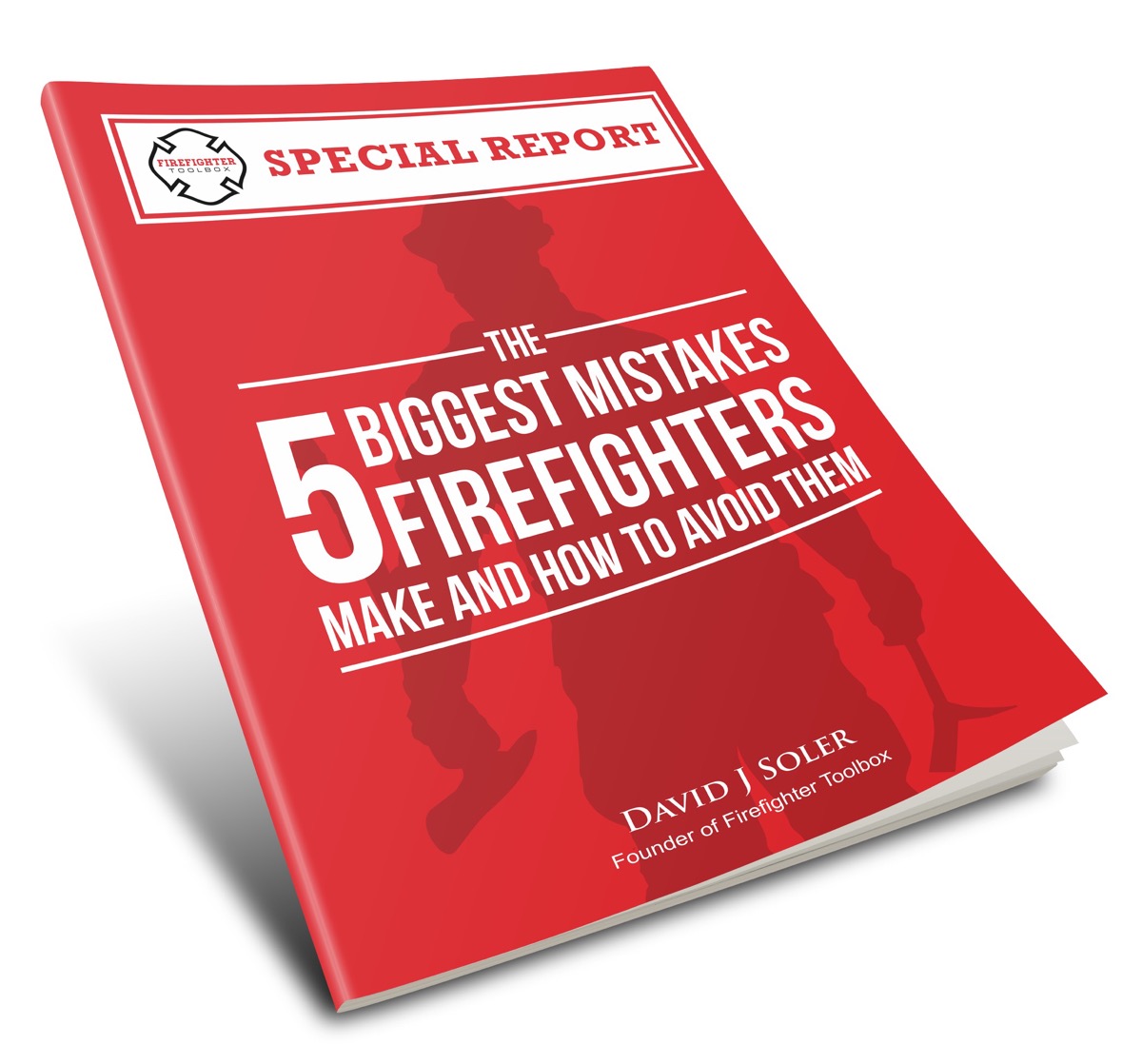



Excellent article
This is an excellent article and a reminder to all of us how important hydration is to health and wellness. I’m looking forward more articles from Buffy!
Great article!! I have a question though. I struggle with staying hydrated because I simply sweat too much. My father sweats a lot if he does any amount of physical work.
I can run for miles in high humidity, do a ton of push ups and beat out guys half my age. I’m not saying I’m awesome, I’m just saying I’m confused. Why are there guys that are overweight who can seemingly work longer on the fire ground than an athletic healthy type?? I’ve worked so hard to be ready and yet my excessive sweating/overheating limits my effectiveness. I wish I could work the heavy sweating out of my system. I’ve always been a sweater. Even in the cold I sweat a ton. No one else on the fire ground has sweat dripping from their face and I’m not working harder than everyone else. It makes me feel like I have a handicap and that no amount of preparation or hard work will ever help me be a great firefighter. My sweating won’t allow me to ever be the first one in, the last one out. My mind wants to keep going, yet my quick loss of fluids stops me short- giving me no choice but to pull back. It’s discouraging. I wish I could cure my excessive sweating or find a way to work longer and harder without falling out do soon. Any ideas?? I’d appreciate it. Thanks.
Have you ever had your TSH levels checked? Excessive sweating and overheating can be a sign of hyperthyroidism. Which is treatable by a variety therapies.
Steven,
Yes. I had my blood work done for hyperthyroidism and it was negative. There were no irregularities found.
I lose about 3.4lbs of water weight after a moderate(60 minutes) 5.4 mile run. I’m hoping that number isn’t too excessive. As long as I know there are other firefighters out there that drench their gear like I do, I’ll feel encouraged.
I cover many of the same points in the rehab class I teach. I cover the importance of being hydrated before an event and why to rehydrate during an event.
Michael, I too sweat like crazy. Heck, in the summer I sweat just putting my gear on for a call. Thankfully it’s never kept me from being first in last out. I actually thinks it helps me handle the heat better. Try sticking a water bottle in your gear pocket at a fire and drink 100 oz. minimum a day. It works for me. Hopefully this helps you.
Phil, I hear ya. What sucks is that I get steam burns while the other guys are fine. I feel like I loose water way too fast. It seems that no matter how well I hydrate, I will experience heat exhaustion very quickly. Drenched- I mean soaked, even in cold weather. Everyone’s always asking me if I’m ok. I wish it was different.
This is pretty common and basic info, yet sadly a lot if people still need to be reminded.
They’re are some crucial details to hydration that help optimize absorbing benefits of water that you DO drink.
1. How often and how much. Think of a potted plant. If you neglect to water it regularly, and remember to, then add a lot at once, most will go straight through and end up on the ground. In passing through the water can actually grab nutrients. So the solution is to drink little, but often. A Camelbak will help moderate.
2. Most water we drink is bottled or purified which also removes vital minerals that we need to replace that we sweat out. Supplements are great for this, but If you don’t source them from foods ever, your body will become dependent on easily obtained vits n mins through only supplements. Most supplements provide an overdose (%RDA) and tax your kidneys filtering ability and get accumulations or ‘stones’. So obtain them from foods ideally and take supplements in partial doses spread out over infrequent times BEFORE your body needs them.